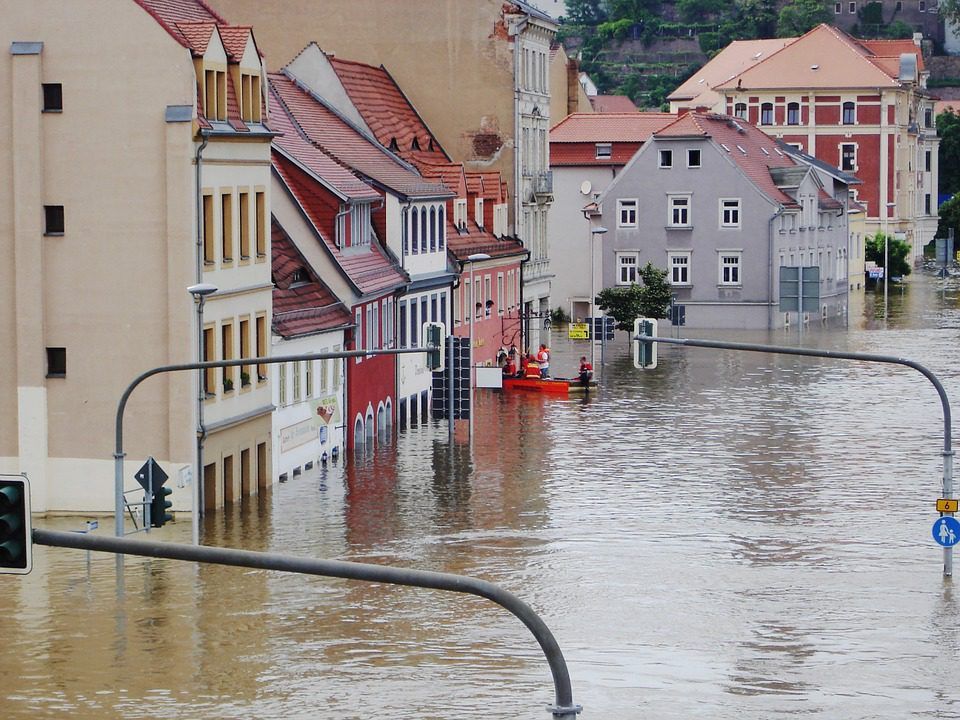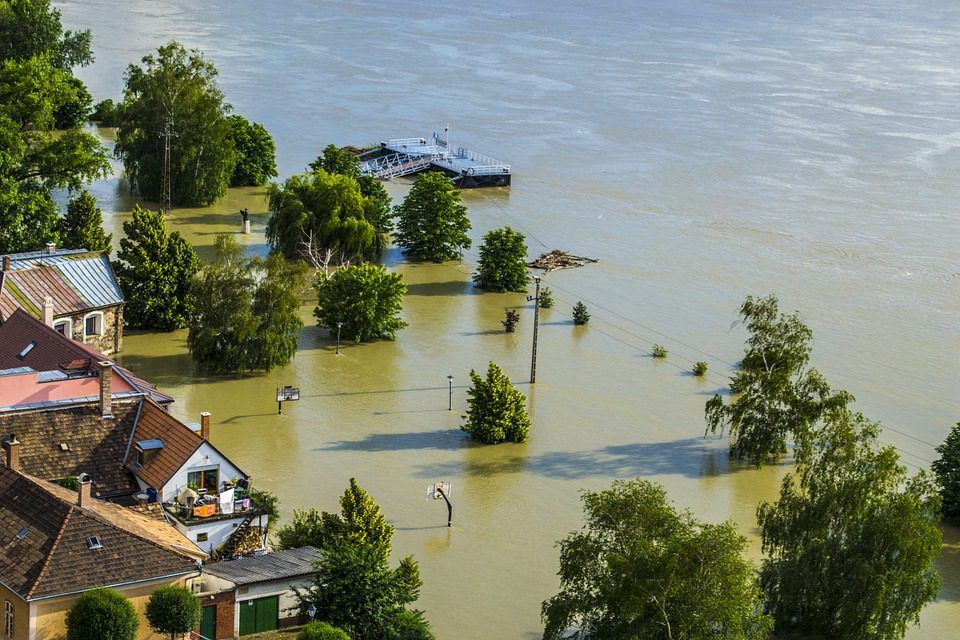Over the past couple of days, flooding has been all over the news and media after Hurricane Irma has battered the Florida coast. Has this got you worried about whether your own home would stand up in a serious storm? To ensure that your property doesn’t get too badly ruined by water damage, no matter how much rain you get, you should follow these great tips.

Trim Your Trees
During a storm, trees can quickly become very dangerous. High winds and excess rain can cause their branches to snap off and, in some very extreme cases, the tree could even be pulled out of the ground. If you have any trees that are close to your property, it’s important that you trim them regularly so that the branches don’t grow too close to your home. If they do and are broken off, they could end up straight through your windows!
Check Your Roof
If your roof is damaged or very old, then it will very easily let a lot of water into your home. Thankfully, fixing and maintaining your roof isn’t that hard. If you don’t like the idea of repairing your roof yourself, there will be lots of roofers in your local area who can give you a hand. It is also important to check your roof straight after a storm to make sure that you haven’t lost any tiles.
Clean Your Gutters
Ideally, you should be cleaning out your gutters and drains every six months. This keeps them clear and helps water to keep on flowing through. If you don’t clean them on a regular basis, then they will quickly clog up and water won’t be able to flow. Eventually, especially after heavy rain, this water could start to overflow from gutters and trickle down your property’s exterior walls. This can damage paint work as well as weaken the walls. So, to make sure this never happens, be sure to keep a check on your gutters.

Target Mold And Rising Damp
Lots of homeowners find mold or rising damp in their property after it has been there a while. Ideally, you need to find it as soon as possible so that you can treat it quickly. If you leave it on your walls for too long, it can get into the brickwork and cause structural problems. Thankfully, mold and rising damp are quite easy to treat when it is in its early stages. You just need to buy an anti-mold spray from your local DIY store and ensure you regularly treat the affected area.
Protect Your Basement
The worst-affected part of a home during a storm is always the basement. But there are a few different steps you can take to ensure that yours is correctly protected. First of all, you should make sure your basement floor is a few inches off the ground. That way, water won’t rise up the walls if it does enter your basement.
Once you follow these tips, you won’t have to worry about water damage!
